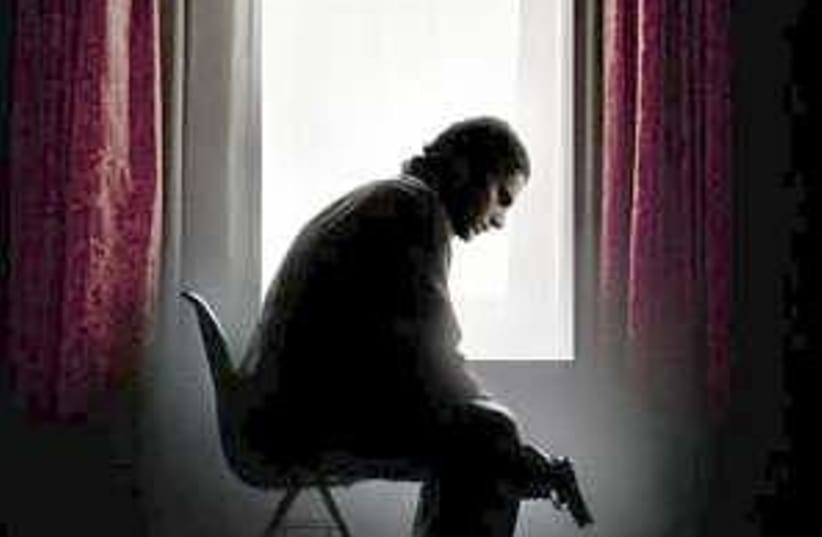| READ MORE ON SPIELBERG'S 'MUNICH' |
| More about: | Osama bin Laden, Ayman al-Zawahiri, Golda Meir, Popular Front for the Liberation of Palestine |

| READ MORE ON SPIELBERG'S 'MUNICH' |
| More about: | Osama bin Laden, Ayman al-Zawahiri, Golda Meir, Popular Front for the Liberation of Palestine |